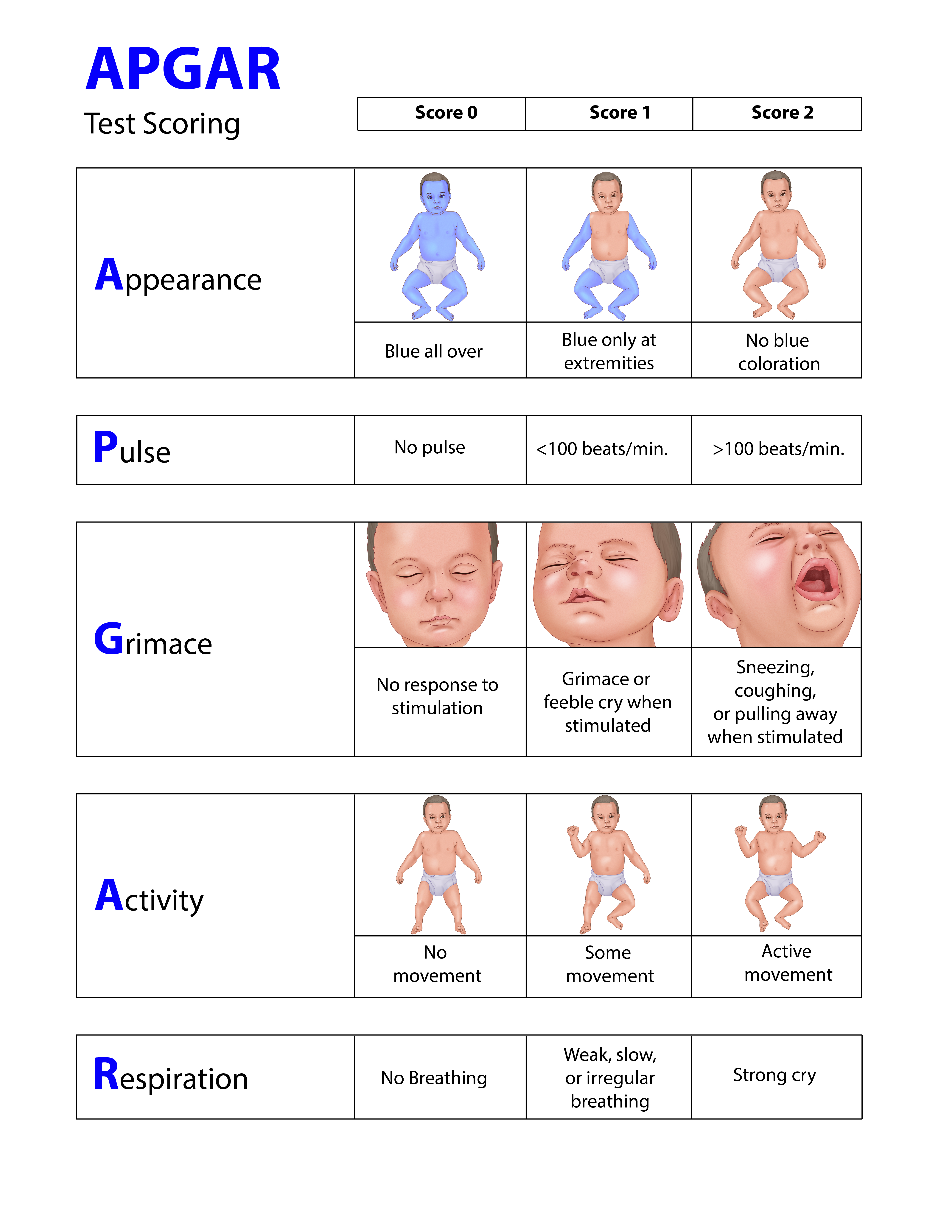Diagnosing Cerebral Palsy
Cerebral palsy (CP) is a neurological condition that appears early in life and affects movement, posture, balance and coordination. Children with cerebral palsy also can have hearing and vision problems. Each year, over 10,000 children are diagnosed with cerebral palsy.
Most cases of CP are diagnosed by age three. But, in more severe cases, like those involving birth asphyxia (hypoxic ischemic encephalopathy, HIE) or intracranial hemorrhage, the diagnosis of cerebral palsy can be made at a much earlier stage.
There is no one single test to diagnose cerebral palsy.
The Importance of Early Diagnosis of Cerebral Palsy
It is important to diagnose cerebral palsy as early as possible. This will allow treatments and therapies to begin to maximize the child’s mobility and potential. But diagnosing cerebral palsy is not always easy and can take time. Sometimes, a physician will be alerted to the possibility that a child has cerebral palsy but will want to wait and give the child time to grow and reach developmental milestones.
Stages of Diagnosing Cerebral Palsy
Most of the people who seek our assistance already have a child with a cerebral palsy diagnosis. If the baby’s cerebral palsy was caused by a traumatic birth, the diagnosis is often made while the child is still in the hospital. However, many cases of cerebral palsy are not diagnosed until 7-9 months of age or even later. Here are common diagnostic stages:
-
Developmental monitoring – This is also called surveillance. In this stage, your child’s growth will be tracked over time. In this stage, you might notice that something is just not right but cannot put your finger on what is wrong. You and your physician will be watching or have a heightened awareness that something might be wrong.
-
Developmental screening – In this stage, your child will be administered short, specific developmental tests to see if they are meeting developmental milestones. At this time, you and your child’s physician will also talk about what you notice and observe about your child’s development.
-
Developmental and Medical Evaluations – The goal in this stage is to diagnose the specific disorder. The diagnostic tests defined below can be administered to help with the diagnosis.
Diagnostic Tests for Cerebral Palsy
Medical professionals will examine your child to determine the extent and severity of their brain injury. No one test can determine cerebral palsy, and often these tests will be administered over time to ensure that the condition has not changed.
-
APGAR (Appearance, Pulse, Grimace, Activity, Respiration) – This an observational assessment made in the first minute of life and then again at five minutes. This test measures the overall health of the newborn. Low APGAR scores can be the first indication that a baby has suffered a traumatic birth.

-
Umbilical cord blood gas tests – These tests measure how much oxygen and carbon dioxide are in the baby’s blood. Results allow medical professionals to determine if the baby suffered an oxygen deprivation injury which can lead to cerebral palsy. These tests can also help in determining the timing of any oxygen deprivation.
-
Neuroimaging – This testing provides pictures of the brain’s structure and activity. These tests include MRI, CT scan, EEG, and ultrasounds. Different types of CP affect different areas of the brain, and these imaging studies can help doctors see where the damage is.
-
Retention of primitive reflex responses tests (Babinski, palmer grasp, tonic, etc. ) – Testing to see if these primitive responses are still present helps medical professionals determine if the brain is developing correctly.
-
Developmental milestone tests – Children should reach certain developmental milestones within a given range of time. For instance, children should be able to hold their heads up or crawl by a certain age. If these milestones are not being met, more testing will be needed to determine whether there may be a movement disorder such as CP causing the delay. See our “Signs and Symptoms of Cerebral Palsy” article for a more complete list of these milestones.
-
Screenings for associated conditions – vision, hearing, speech and language, and behavioral screenings may be conducted to see if your child has issues with these associated conditions.
Diagnosing Cerebral Palsy and Medical Malpractice
Diagnosing cerebral palsy is not always easy. In some cases, especially where there was no obvious birth injury, it can take several months of monitoring and carefully observing a baby’s development before the diagnosis is made. Some physicians are hesitant to “label” a child with CP for various reasons. They often wait until there is no doubt about the diagnosis to even bring it up with parents. Unfortunately, this hesitation and delay in diagnosis also causes delay in getting useful therapy started.
Very rarely, a physician may conceal the suspicion that a child has CP in order to avoid scrutiny about whether the condition was the result of medical negligence. This is clearly reprehensible, but it does happen.
Even if you have no recollection of anything going wrong at your child’s birth, there may still have been negligence. Please do not assume that your doctor or other health care providers acted without fault. Cerebral palsy can often be prevented.
Cerebral Palsy Law Firm
The Eisen Law Firm has been handling cerebral palsy medical negligence cases for families in Ohio like yours for over 40 years. Our practice is limited to only medical error cases. This enables us to have a detailed and in-depth knowledge on this narrow area of the law and medicine. We know how to read and analyze your medical records, and we know how to win at trial. Call us today for your free consultation at (216) 687-0900 or visit us online.
